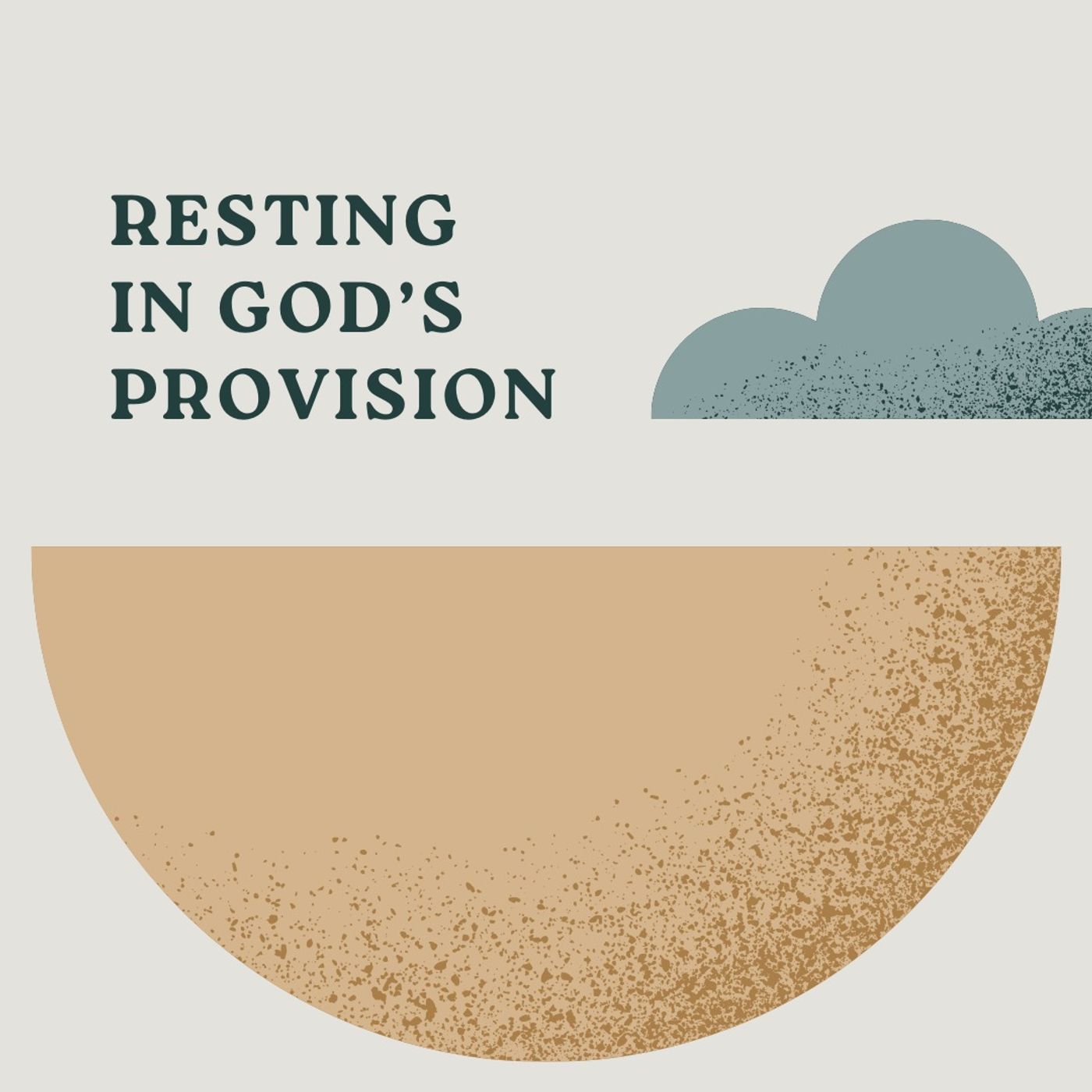The Importance of Financial Margin
Faith & Finance with Rob West
Margin is one of those important things in life that we often take for granted … and that can lead to trouble. Margin basically means “something extra.” A little extra time or even distance from the car in front of you. It’s critical, especially with your finances. I’ll talk about financial margin today.

Show Notes
Margin is one of those important things in life that we often take for granted … and that can lead to trouble.
Margin basically means “something extra.” A little extra time or even distance from the car in front of you. It’s critical, especially with your finances. I’ll talk about financial margin today.
Applying Margin to Personal Finances
When you think of "margin," you might associate it with the business term "profit margin." This concept is crucial in business, as it determines a company's profit after all expenses. Every step of bringing a product to market involves multiple entities—manufacturers, salespeople, transporters, and retailers—all needing to make a profit. The margin each entity needs can vary widely depending on the product, competition, market size, and sales volume.
For example, in business, margin in personal finances means having something left over after meeting all your obligations. This isn't just about money but also about time and energy. After fulfilling job duties, family commitments, household chores, and church obligations, it's essential to have time and energy left to recharge and spend with God.
Financial margin means having extra funds for unexpected expenses, like emergencies, medical bills, or helping others when God prompts you. Achieving this requires living on a budget or spending plan, which helps you decide in advance where your money will go.
The Four Uses of Money
There are only four things you can do with money:
- Live on it.
You Might Also Like

January 27, 2026
Got Long Term Care Insurance?
Do you really need Long Term Care Insurance? Rob West says in light of the fact two-thirds of us will, it would be a goo...

January 27, 2026
Why Motives Matter: The Heart Behind Generosity with Pierce Taylor Hibbs
Jesus taught that the true measure of giving isn’t the size of the gift but the heart behind it. Generosity begins long ...

January 26, 2026
Resting in God’s Provision
We often think stewardship is about doing more. But sometimes, good stewardship begins with stopping. Rob West explains...